Poverty will be the lasting effect of Coronavirus warns The Salvation Army
published on 9 Apr 2020
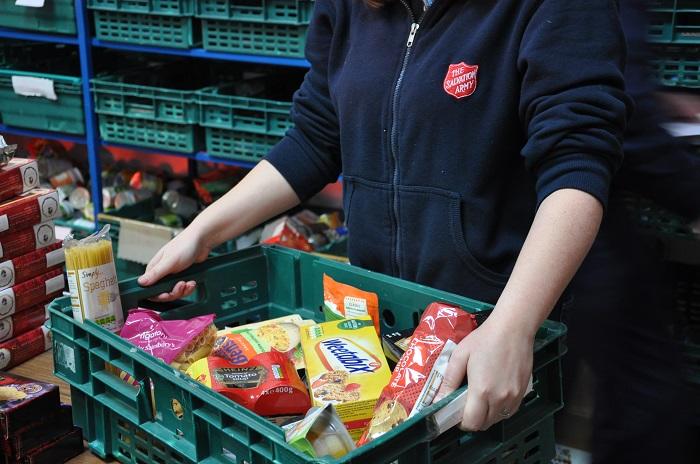
Poverty will be the lasting effect of Coronavirus warns The Salvation Army
The Salvation Army is warning that the long term impact of the coronavirus will be poverty as it launches its biggest post war appeal for food to tackle the fallout from the pandemic.
The church and charity urgently needs to buy food and other basic resources to help the growing numbers of people facing unemployment and debt. It is also bolstering essential services such as Lifehouses (hostels) and online debt advice as the lasting impact of the pandemic will be felt for years to come.
In addition to cushioning communities from poverty, The Salvation Army is urging the Government to replace Universal Credit advance payment loans with grants. The loans are offered to people who need to bridge the gap while they wait for their first payment but this could force many of the one million new claimants straight into debt.
The Salvation Army’s Territorial Commander Anthony Cotterill said: “Not only are we battling to restock foodbanks for people in need now, but we are preparing our services to cope with increased need in the many months to come.
“Once lockdown has ended, the need will still increase as people grapple with unemployment, debt, bereavement and homelessness.
“This is our biggest appeal for food and poverty relief in living memory but we can see the need now but also in the future. A whole new generation face the prospect of unemployment and debt which means that poverty will be a lingering symptom of the coronavirus.”
The Coronavirus Impact Fund will support the short, medium and long term impact of the coronavirus pandemic on communities across the UK.
The Salvation Army has already transformed services to reach those hit the hardest by the coronavirus. Under lockdown rules, people can’t come to us so we are going directly to as many as possible who need our help, whether it is street medical advice for rough sleepers or delivering food parcels to hungry families or online debt advice.
Recent examples include:
- In Govan, Glasgow, a 94-year-old woman who hadn’t eaten for five days during the pandemic has been helped by Salvation Army volunteers who are working with the local housing association to feed 60 people hot meals a day.
- A man in Yorkshire was made homeless because his landlord’s family was shielding from the virus. The Salvation Army found him emergency accommodation
- Our Lifehouses (hostels) are helping homeless people self-isolate and ensuring there is sufficient support for people with addictions who are facing major challenges at this time.
- Homeless drop in centres are offering hot food deliveries to those forced to sleep on the streets.
You can donate to the Coronavirus Impact Fund via The Salvation Army website www.salvationarmy.org.uk or cheques should be addressed to The Salvation Army and sent to The Coronavirus Impact Fund, The Salvation Army, 101 Newington Causeway, London, SE1 6BN.
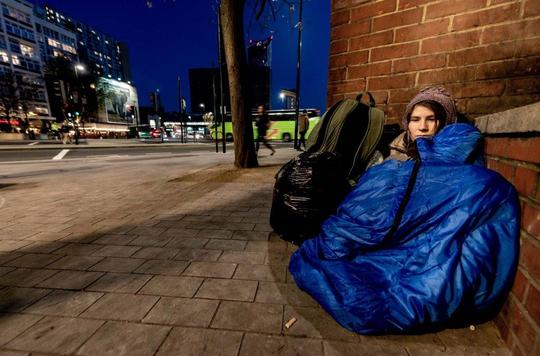
Rough sleeping
The most visible, extreme and damaging form of homelessness.
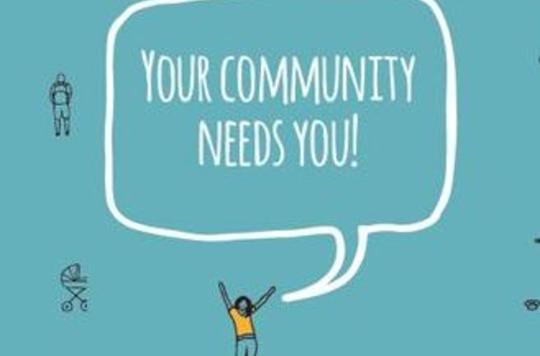
Volunteering
Find out how you can contribute to your local community by volunteering with us.
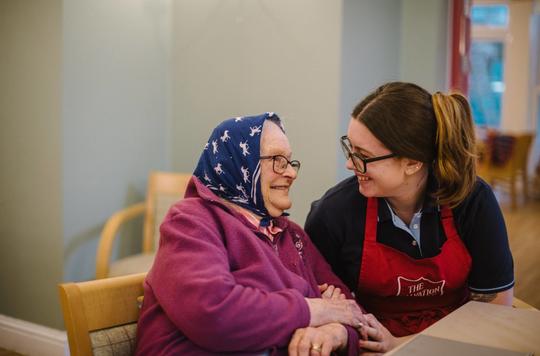
Donate
Help us be there to support the most vulnerable members of society.
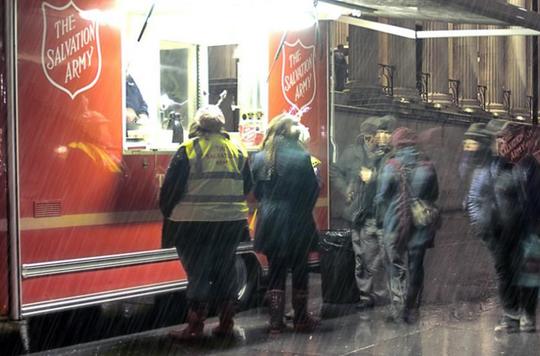
Supporting emergency services
Providing support to the emergency services and helping those affected.